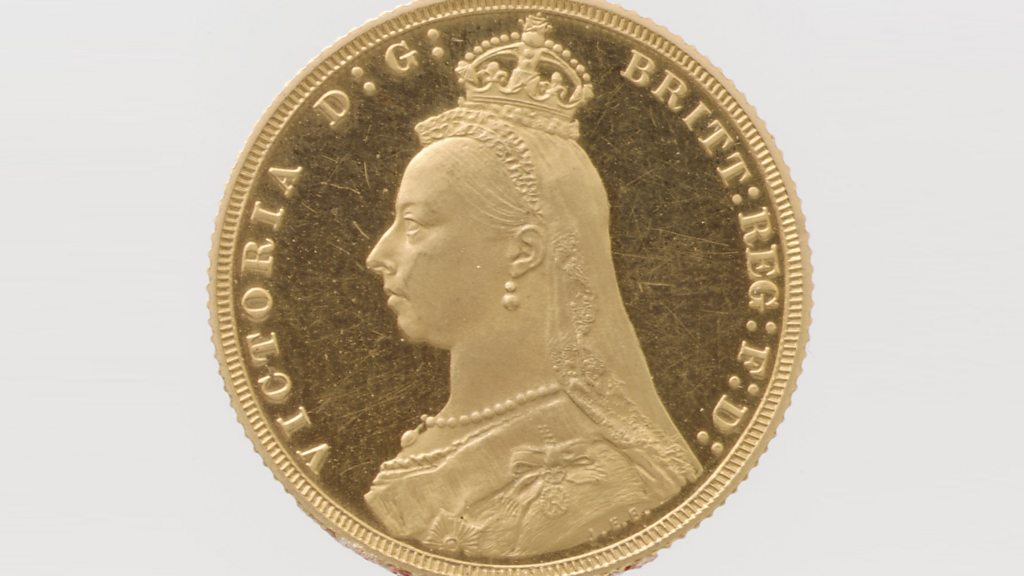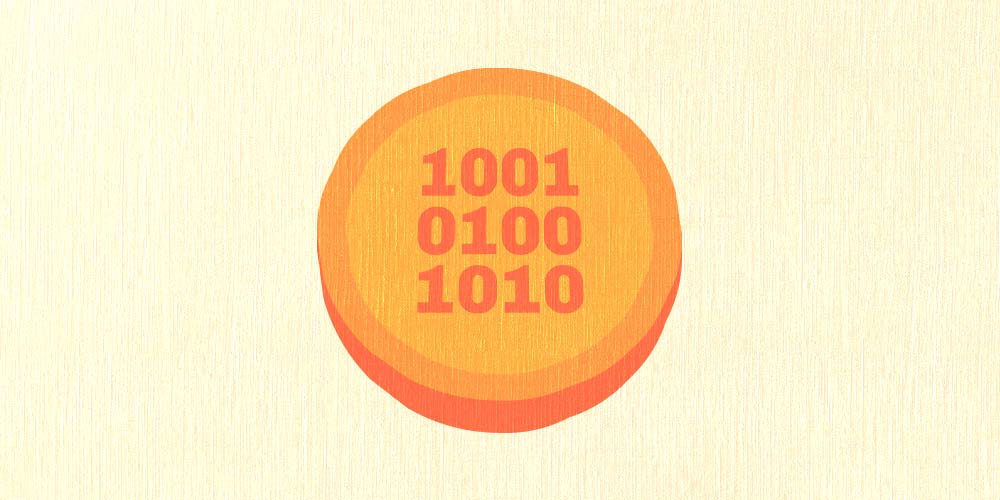notthatkeen
Registered User
- Messages
- 13
Not really. But if you had a digital certificate of ownership of a piece of art, and you replaced the spreadsheet with a public database that was very hard to update illicitly. Then sort of.
Not really. But if you had a digital certificate of ownership of a piece of art, and you replaced the spreadsheet with a public database that was very hard to update illicitly. Then sort of.
The real question is the value of the digital certification of ownership, rather than the medium for recording the certificate.Not really. But if you had a digital certificate of ownership of a piece of art, and you replaced the spreadsheet with a public database that was very hard to update illicitly. Then sort of.
Are you suggesting that a decentralised public blockchain ( as the medium ) doesn't add any value in this instance?The real question is the value of the digital certification of ownership, rather than the medium for recording the certificate.
I'm suggesting that there is no value in a certificate saying that I own the Mona Lisa, regardless of what medium it is stored in.Are you suggesting that a decentralised public blockchain ( as the medium ) doesn't add any value in this instance?

Digital property rights is the only part of NFTs that I do appreciate some value in. Lets say we both claim to own the Mona Lisa. Wouldn't possession of the accompanying digital certificate then have value? How about if we both have a Mona Lisa but one of them is a fake?I'm suggesting that there is no value in a certificate saying that I own the Mona Lisa, regardless of what medium it is stored in.
That's absolutely true. Some will point to industrial uses of gold - but those uses are very recent in its history. Prior to that, it was used as jewellery but so were many polished rocks. The difference is that people assigned it value due to its durability and scarcity.BBC R4 In Our Time this morning about the gold standard was interesting. One of the experts said that basically the whole system hinged on other people trusting that gold had some intrinsic worth.

In Our Time - The Gold Standard - BBC Sounds
Melvyn Bragg and guests discuss what happened when world currencies were tied to goldwww.bbc.co.uk
Digital property rights is the only part of NFTs that I do appreciate some value in. Lets say we both claim to own the Mona Lisa. Wouldn't possession of the accompanying digital certificate then have value? How about if we both have a Mona Lisa but one of them is a fake?
There are NFTs of physical art;The Mona Lisa isn't a digital asset that you can own via NFT. The Mona Lisa is in the real world.

And if polished rocks make attractive jewellery then they will have an intrinsic value like rubies, emeralds etc. But they are quite unsuitable as money mainly for their lack of divisibility. The key point is that, like gold, they have intrinsic value to the human senses. I agree that the industrial use of gold is a red herring.That's absolutely true. Some will point to industrial uses of gold - but those uses are very recent in its history. Prior to that, it was used as jewellery but so were many polished rocks. The difference is that people assigned it value due to its durability and scarcity.
That's a good question. The NFT can show a public chain of transactions - so I guess the answer could be the NFT that can be traced back to the first owner to mint said NFT. That's much cleaner when it comes to digital art. If it's physical art, it raises a whole host of other questions and legalities. Maybe this develops such that the societal expectation is that all art comes with an associated NFT. For the physical art ownership aspect of it, perhaps there will be a merging of the conventional ownership process with this digital component?Let's say we both show up at the Lourve with our accompanying digital certificates showing that we own it. Which of us do you think they're going to give it to?
Divisibility is another required characteristic but scarcity is key. There is plenty of jewellery made from other earthly elements that 'have intrinsic value to the human senses' yet they're not valuable in the same way as gold because of a lack of scarcity. Additionally, you've acknowledged that people determine what has intrinsic value.And if polished rocks make attractive jewellery then they will have an intrinsic value like rubies, emeralds etc. But they are quite unsuitable as money mainly for their lack of divisibility. The key point is that, like gold, they have intrinsic value to the human senses. I agree that the industrial use of gold is a red herring.
Yes, but since practical ownership of the physical item really requires it to be physically held by the owner or in some sort of escrow, the rationale for the NFT effectively disappears.There are NFTs of physical art;

Physical NFTs | Applied Blockchain
What the Damien Hirst Project The Currency Gets Right about Physical NFTsappliedblockchain.com
What problem would NFTs be solving for the physical art world, or even the digital art world?That's a good question. The NFT can show a public chain of transactions - so I guess the answer could be the NFT that can be traced back to the first owner to mint said NFT. That's much cleaner when it comes to digital art. If it's physical art, it raises a whole host of other questions and legalities. Maybe this develops such that the societal expectation is that all art comes with an associated NFT. For the physical art ownership aspect of it, perhaps there will be a merging of the conventional ownership process with this digital component?
Last year, the first real estate properties were sold via NFT - but to what extent this works when it would need to be accompanied by the traditional change of ownership process confuses me. I'd imagine for this to have any power and utility, it would need to be incorporated into existing approaches.
Just in case it's not obvious from the above, I have a more settled view on something like bitcoin whereas I have the same difficulty with NFTs as many have here in getting their heads around bitcoin. Trying to keep an open mind on it as it unfolds but no earthly interest in buying an NFT of a JPEG any time soon!
Divisibility is another required characteristic but scarcity is key. There is plenty of jewellery made from other earthly elements that 'have intrinsic value to the human senses' yet they're not valuable in the same way as gold because of a lack of scarcity. Additionally, you've acknowledged that people determine what has intrinsic value.
What problem would NFTs be solving for the physical art world, or even the digital art world?
Yes of course, scarcity is important. I mean air has huge intrinsic value for humans.Divisibility is another required characteristic but scarcity is key. There is plenty of jewellery made from other earthly elements that 'have intrinsic value to the human senses' yet they're not valuable in the same way as gold because of a lack of scarcity.
Interesting philosophical point. Things do not of themselves have "intrinsic" value. Intrinsic is essentially human - hence my bit of poetry "gold has intrinsic value to the human senses". So I suppose the point you are making is that bitcoin has intrinsic value to at least some humans.Additionally, you've acknowledged that people determine what has intrinsic value.
You and me both!Heck, I don't want to regurgitate all the old arguments.
One is that smart contracts can be formed around transactions of the NFT. It's my understanding for example that it can be made so that every time the NFT is transacted (so effectively every time it changes ownership) some fraction of the sale price goes to the original creator. This of course is only beneficial to the creator, but as you can imagine artists love this idea. This should also give artists a motive to maintain the validity of NFTs for art and provide actual legal rights of ownership I think, it's in their own interest to do so.What problem would NFTs be solving for the physical art world, or even the digital art world?
Looks like a bit of a solution looking for a problem to solve. Are there really loads of further resales of lots of art that would make this a viable proposition for loads of artists?One is that smart contracts can be formed around transactions of the NFT. It's my understanding for example that it can be made so that every time the NFT is transacted (so effectively every time it changes ownership) some fraction of the sale price goes to the original creator. This of course is only beneficial to the creator, but as you can imagine artists love this idea. This should also give artists a motive to maintain the validity of NFTs for art and provide actual legal rights of ownership I think, it's in their own interest to do so.